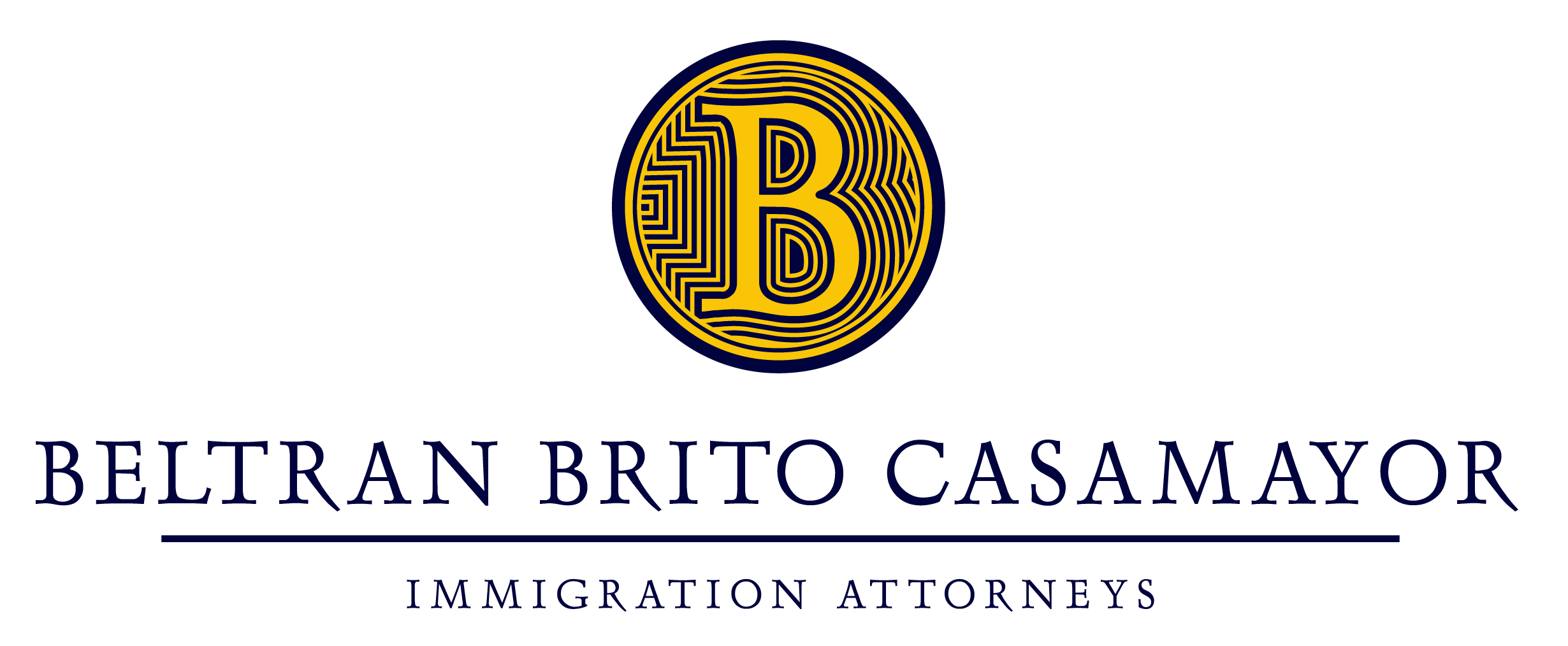Every month there are approximately 170.000 enjoying a J-1 Visa in the United States.
What is the J-1 Visa for?
This Visa exists to facilitate the entrance to the United States of foreign citizens who will participate in a student or cultural exchange program.
Programs for the J-1 Visa
There are several, and the conditions are similar, but they are unique to each program.
- Au-pair or baby sitter program.
- University student enrolled in a program oriented to finishing the plan of studies initiated in their country of origin.
- Camp counselor program.
- Visitor invited by the federal government, one of the states or municipality, or one of its agencies.
- Training programs for professionals (NGOs).
- Physicians coming to study or work.
- University professors or half-time researchers.
- University professors or researchers for a short period of time, such as a conference, a show, etc.
- High school students who will be at a public or private institution.
- Travel and work program for university students.
- Teachers (teachers may also apply for an H-1B Visa).
Steps to obtain a J-1 Visa
The most important thing is to have a sponsor. The J-1 Visa may only be sponsored by a public or private institution that has been specifically appointed to do so by the American government.
If the sponsor chooses to sponsor an individual, they will send the foreign national a document known as form DS-2019. You may not apply for this Visa without this document.
Applying for the Visa
From that moment on you may request the J-1 Visa. You will need to:
- Fill form DS-160 online
- Pay a fee.
- Deliver the documents specific to each program and according to the place you are applying from (as per the instructions of form DS-160).
- Go to the Consulate with all the documentation and proofs of payment and of your application on the day and time specified by the Consulate.
Can I bring my family members with me for the duration of the exchange program?
In the majority of cases you may apply for a J-2 Visa for the spouses and children under 21 years of age. However, there are programs who do not allow this. For example, the nanny, summer camp counselor, high school student programs or any person who will participate in a travel and work summer program.
Departing the U.S. after the culmination of the J-1 program and not returning to the country for two years
Some programs are subjected to this condition, such as: when participation in the program is sponsored by the government of the sponsored country or by the United States, or when the participant is a physician. It also applies when the participant possesses knowledge or abilities deemed necessary by the country of origin of the individual who enjoys the J-1 Visa.

